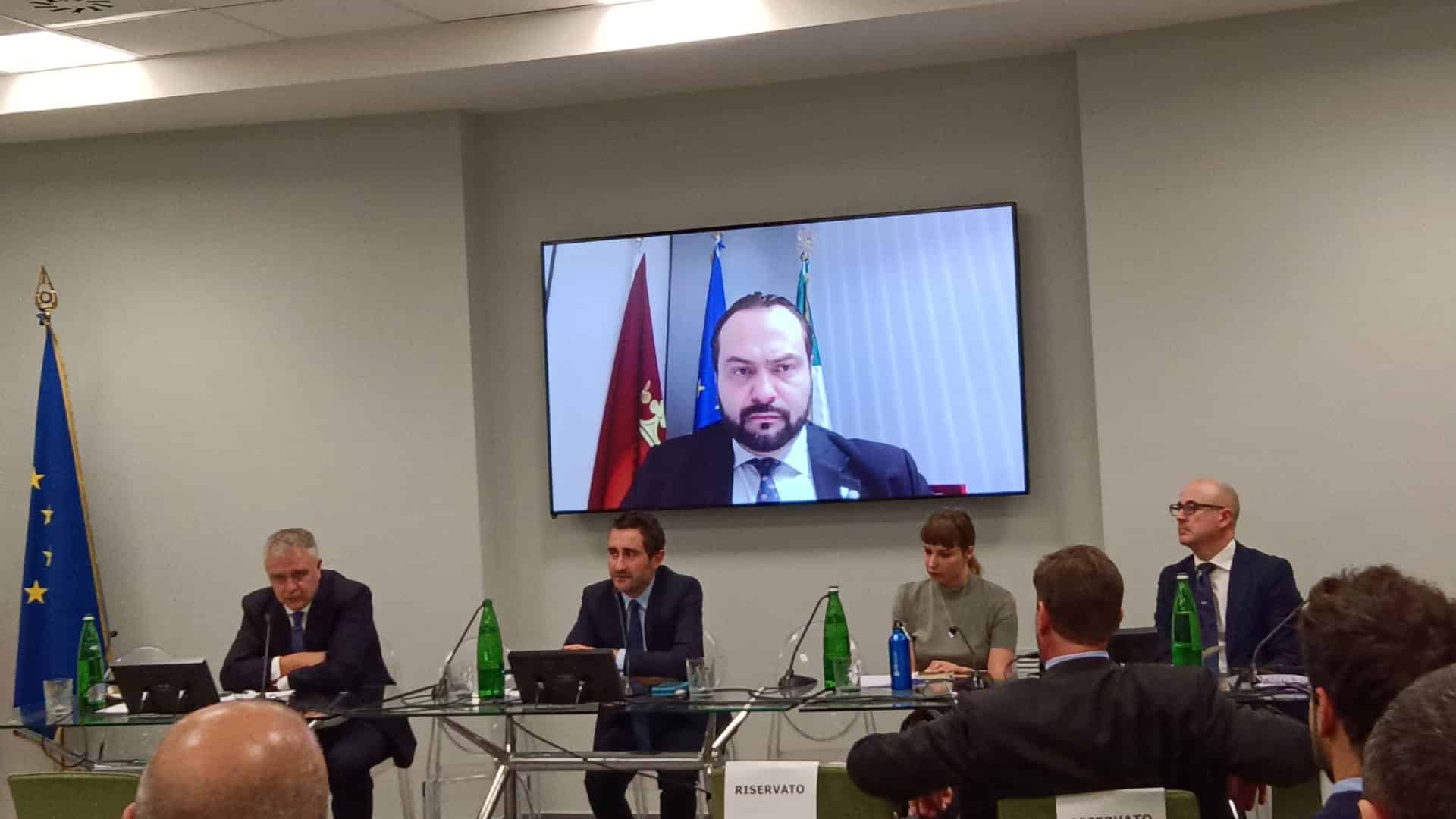Rome – It is useless to hide it: a more flexible and differentiated Europe will be the answer for the future of the European Union.
The real challenge for all the European actors will be the governance of such an integration option, which “will be on the table” even more after the next European elections, said the Secretary general of the Italian Ministry of Foreign Affairs and International Cooperation, Elisabetta Belloni, during the launch conference ‘Shaping the EU’s future through differentiated integration’, organized on January 2019 within the framework of the EUIDEA project (here the Facebook page) led by Istituto Affari internazionali (IAI), with the participation of Eunews as media partner.
Funded by the European Commission under the Horizon2020 programme, EUIDEA addresses differentiation and integration issues in order to find viable solutions to the current challenges that the EU is facing. For the next three years the consortium behind EUIDEA will scrutinize the foundations and narratives of differentiation and assess risks and opportunities of more or less differentiation in three key EU policy areas: Economic and Monetary Union and the single market, the foreign, security and defence policy, and the area of freedom, security and justice, including migration.
“Differentiated integration can be a concrete and effective response to the concerns of citizens” of the European Union, stressed Belloni in her intervention. That can be the case in particular on two themes: economic governance and migration. “The priority must be given to the consolidation of the Eurozone”, which “remains an incomplete construction”. Nevertheless, she pointed out, the euro area represents “the most advanced example of differentiated integration”. The same can be said for migration, where “Europe must find a way to manage migratory flows”. It is not an easy task, but that doesn’t mean that it is impossible to achieve.
Differentiated integration is not something new. The EU treaties foresee the possibility of opting-out (as in the case of the UK opt-out of the euro and the non-participation of Denmark in defence policies) or the possibility for a group of EU Member States to work together to certain projects (the so called ‘enhanced cooperation’). The real challenge for Europe and its members will be “maintaining a balance between differentiation and inclusion”, the IAI President and former Italian Ambassador to the EU, Ferdinando Nelli Feroci, warns. Differentiated integration “can have positive, but also negative, effects on the disaffection of citizens towards Europe”.
The immediate future of the EU is not without question marks. EUIDEA has thus started its work to find possible answers, explained the EUIDEA project coordinator, Nicoletta Pirozzi (IAI).
“By now it has become clear that diverging views among the EU Member States do not allow European integration to go further all together in areas that are fundamental for citizens, such as security, defence, environmental protection, and migration control”. It has been understood, Pirozzi carried on, that “we need to think about alternative and more flexible forms of integration”. That means “allowing the preferences of the different Member States to find a realization in the different policy areas and, at the same time, to advance the European project”.






![I partecipanti al primo panel di HG8 [Roma, 1 dicembre 2021]](https://www.eunews.it/wp-content/uploads/2021/12/panel-1.jpeg)





![Ragazza in biblioteca. Nell'Ue chi studia non lavora e neppure cerca. In Italia funziona ancor più così [foto: Tulane University, Wikimedia Commons]](https://www.eunews.it/wp-content/uploads/2024/11/Girl_in_the_Library_3638661587-120x86.jpg)
![Cina e Unione europea finiscono al Wto per i dazi [A sinistra: Valdis Dombrovskis, commissario per il Commercio. A destra: Wang Wentao, ministro per il Commercio cinese]](https://www.eunews.it/wp-content/uploads/2024/11/wto-eu-china-120x86.png)